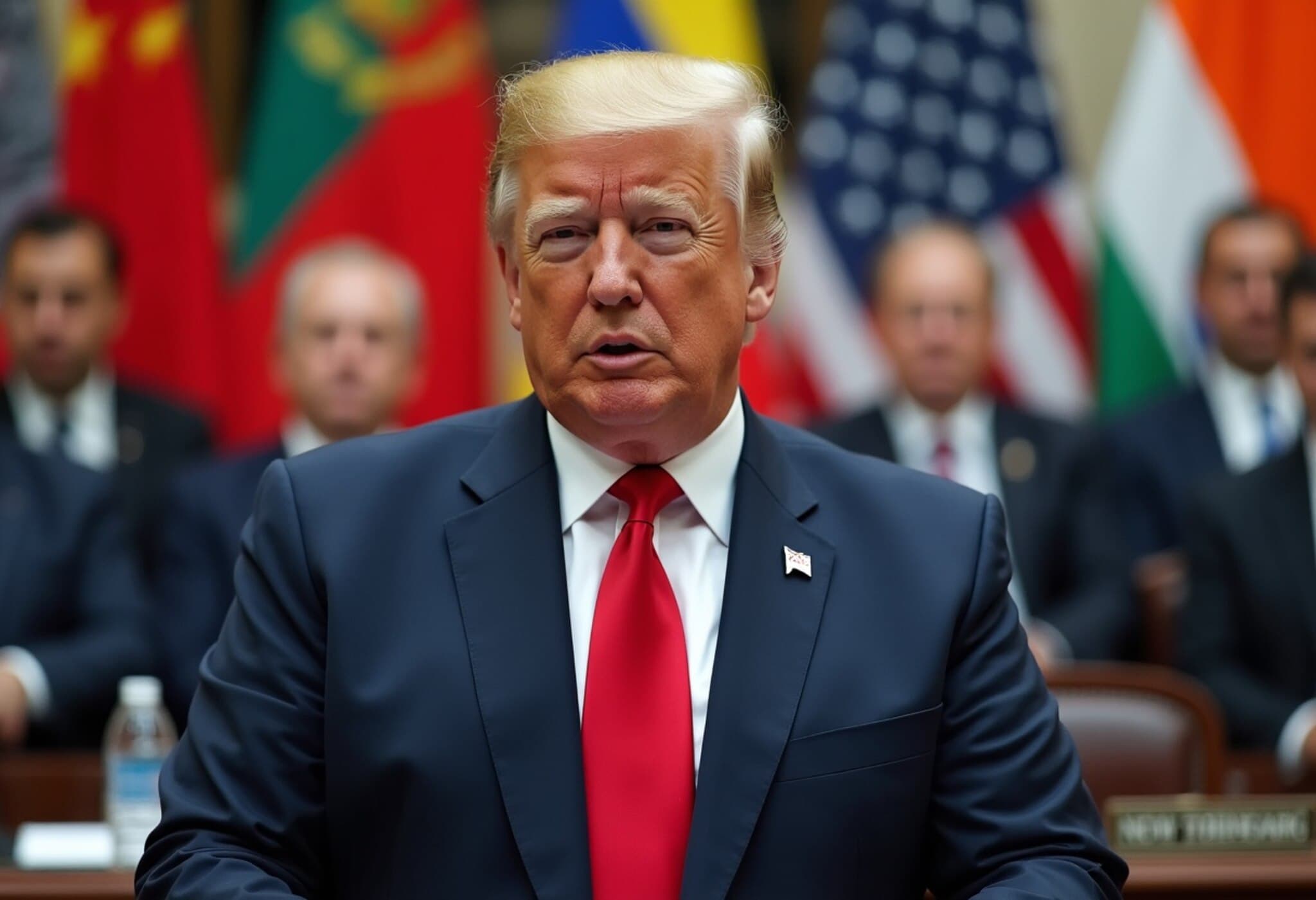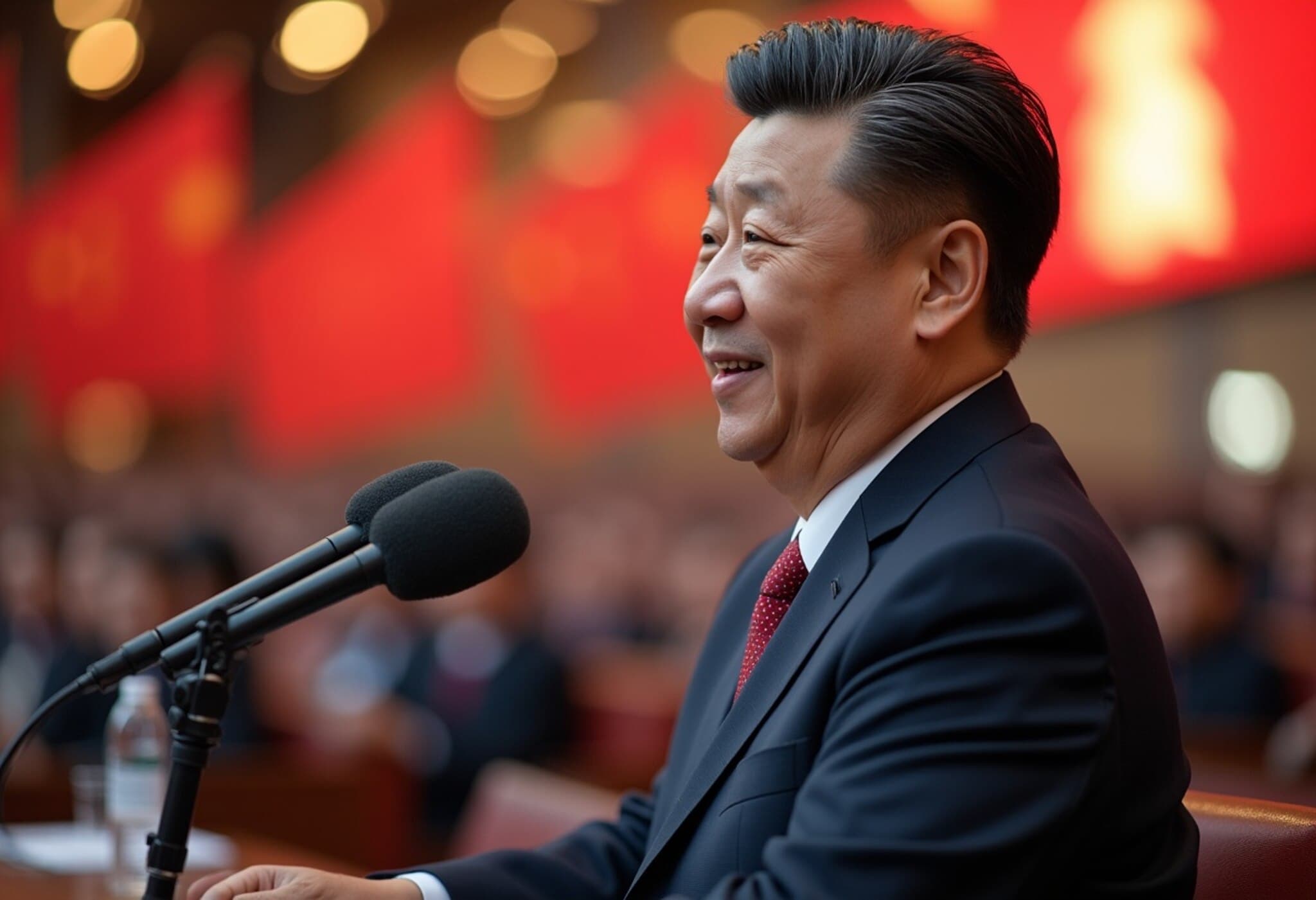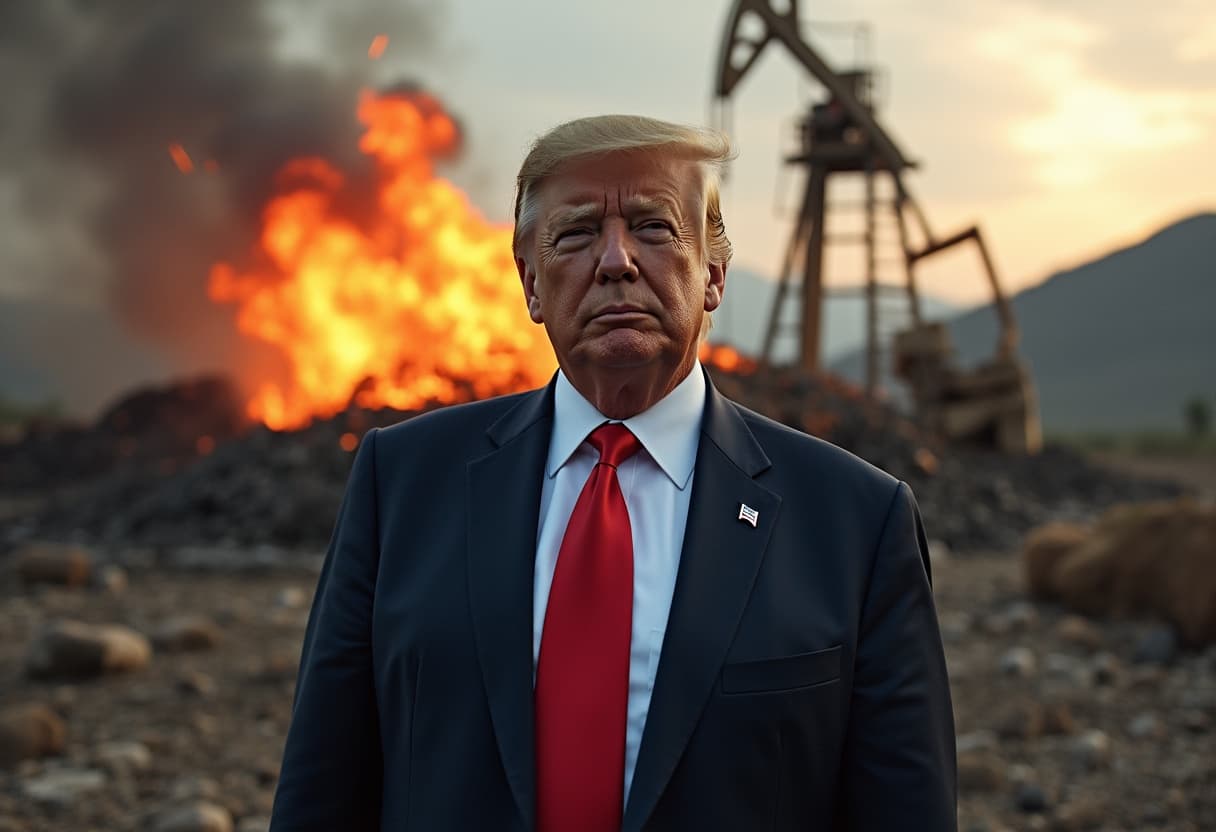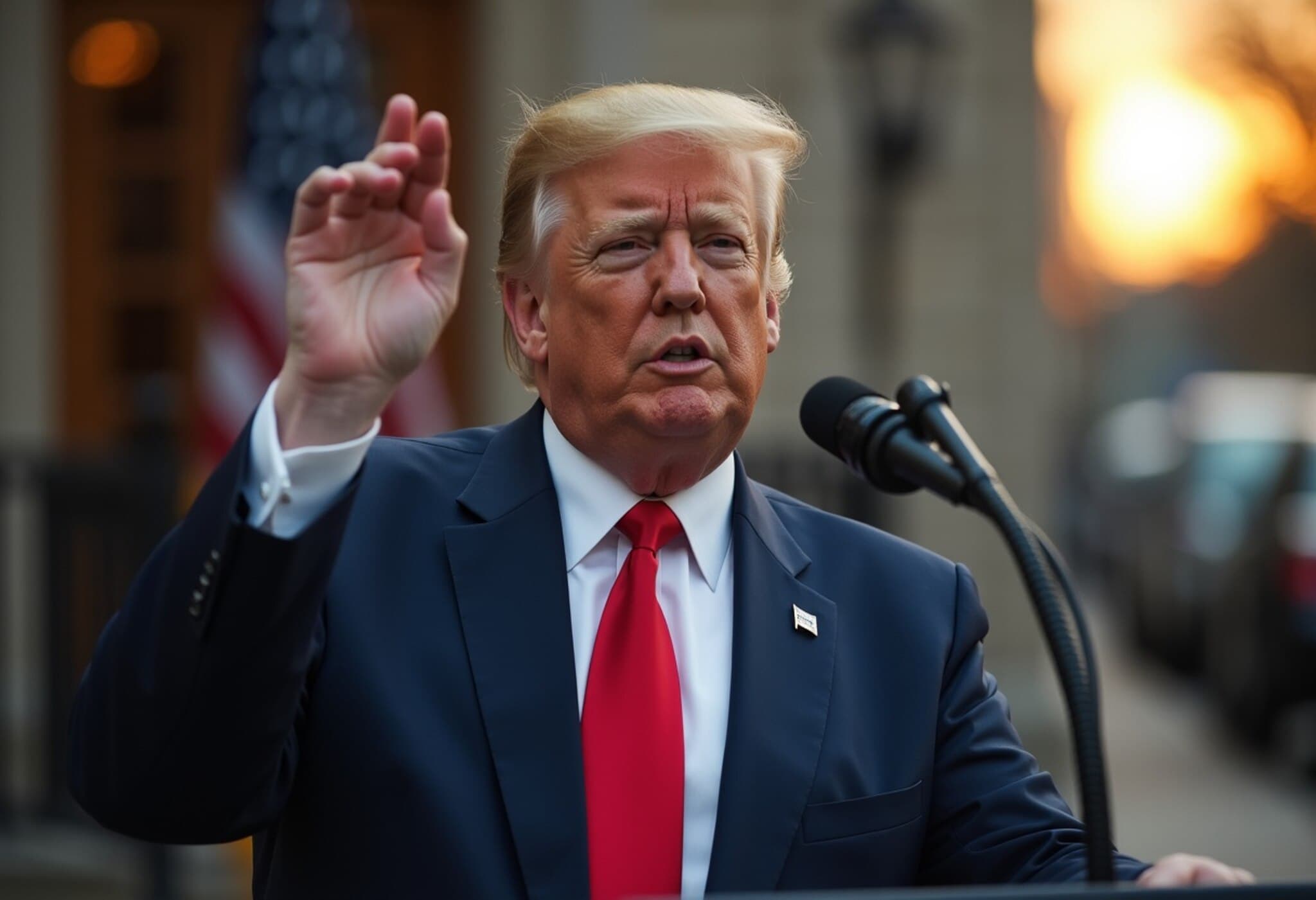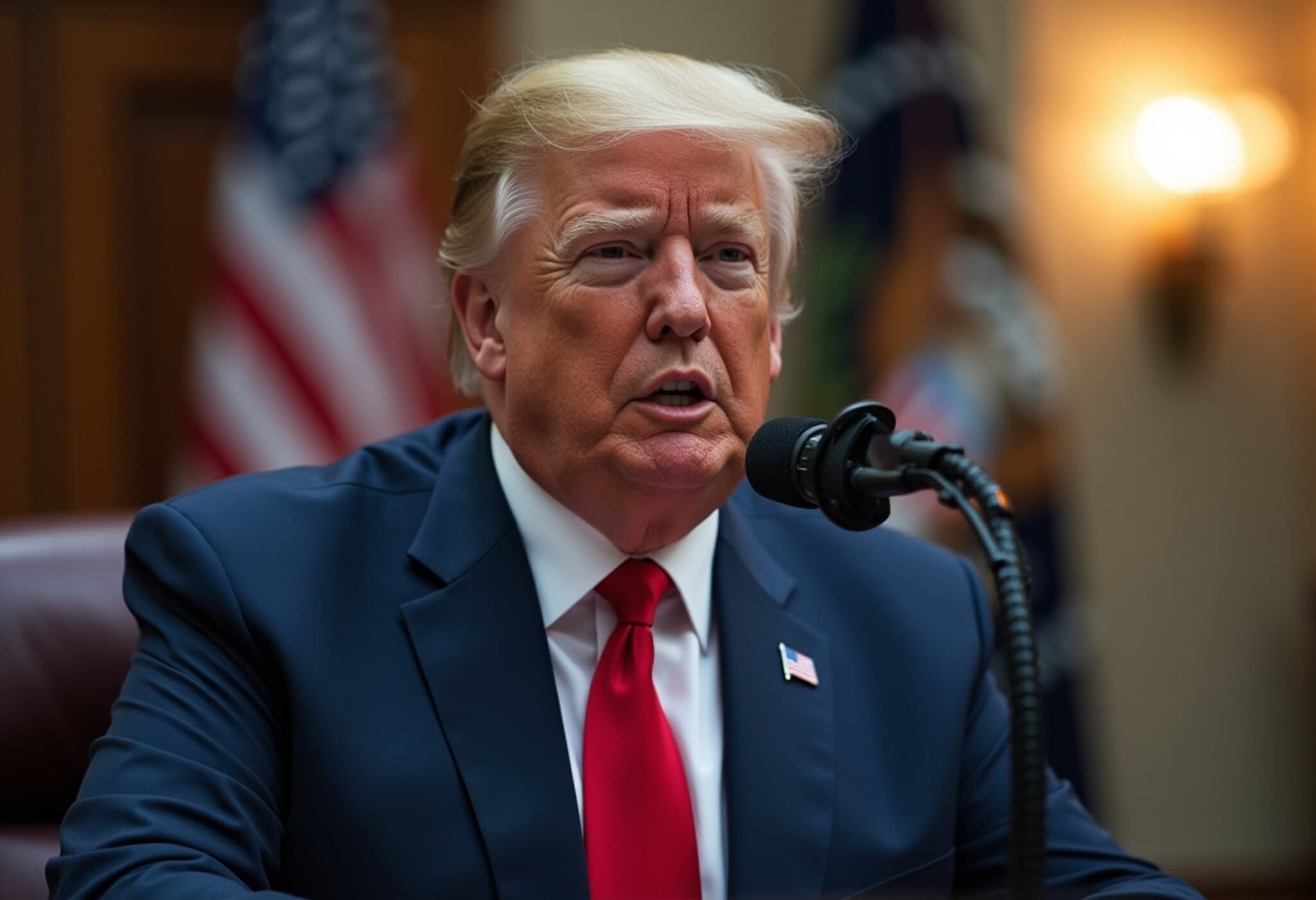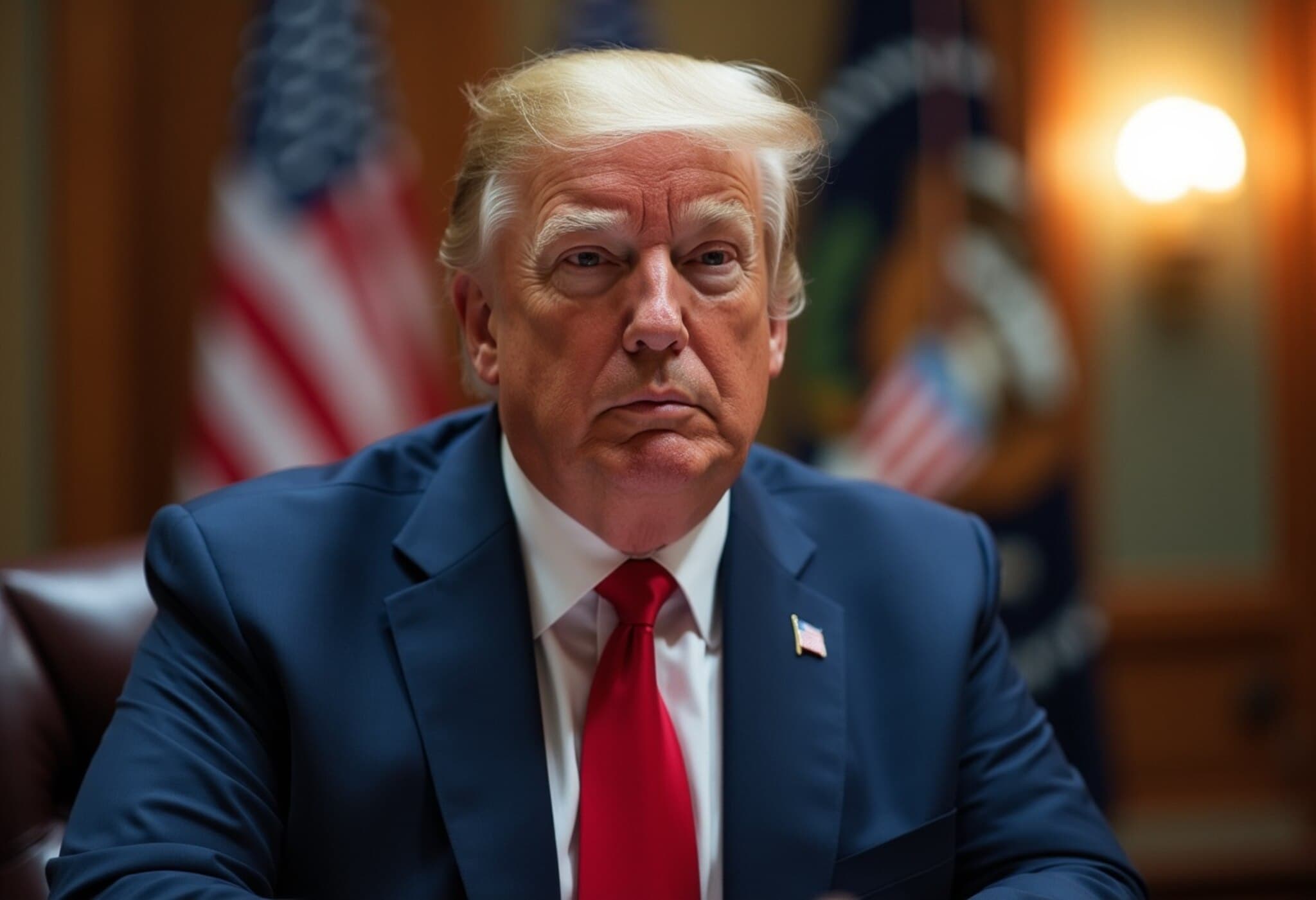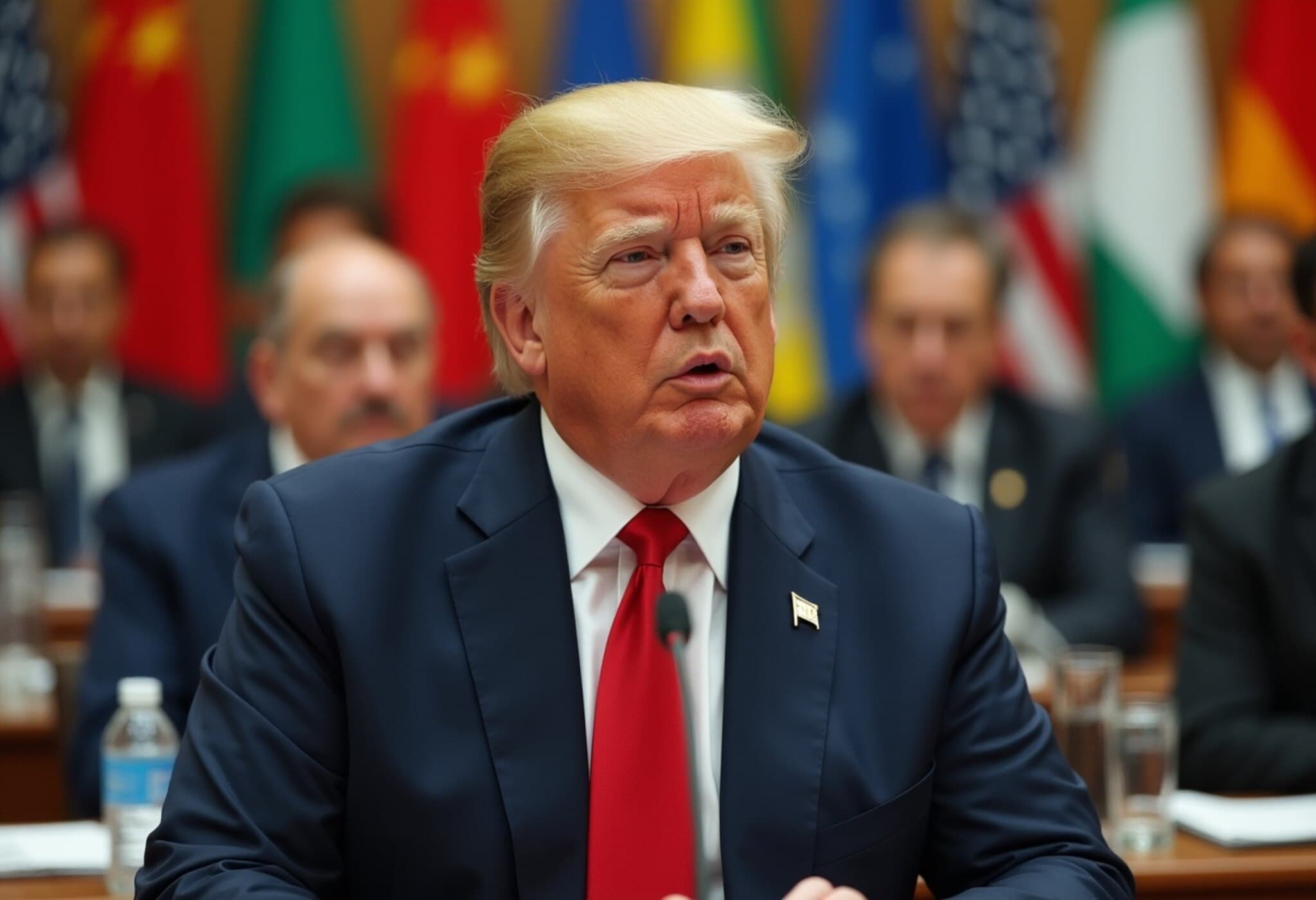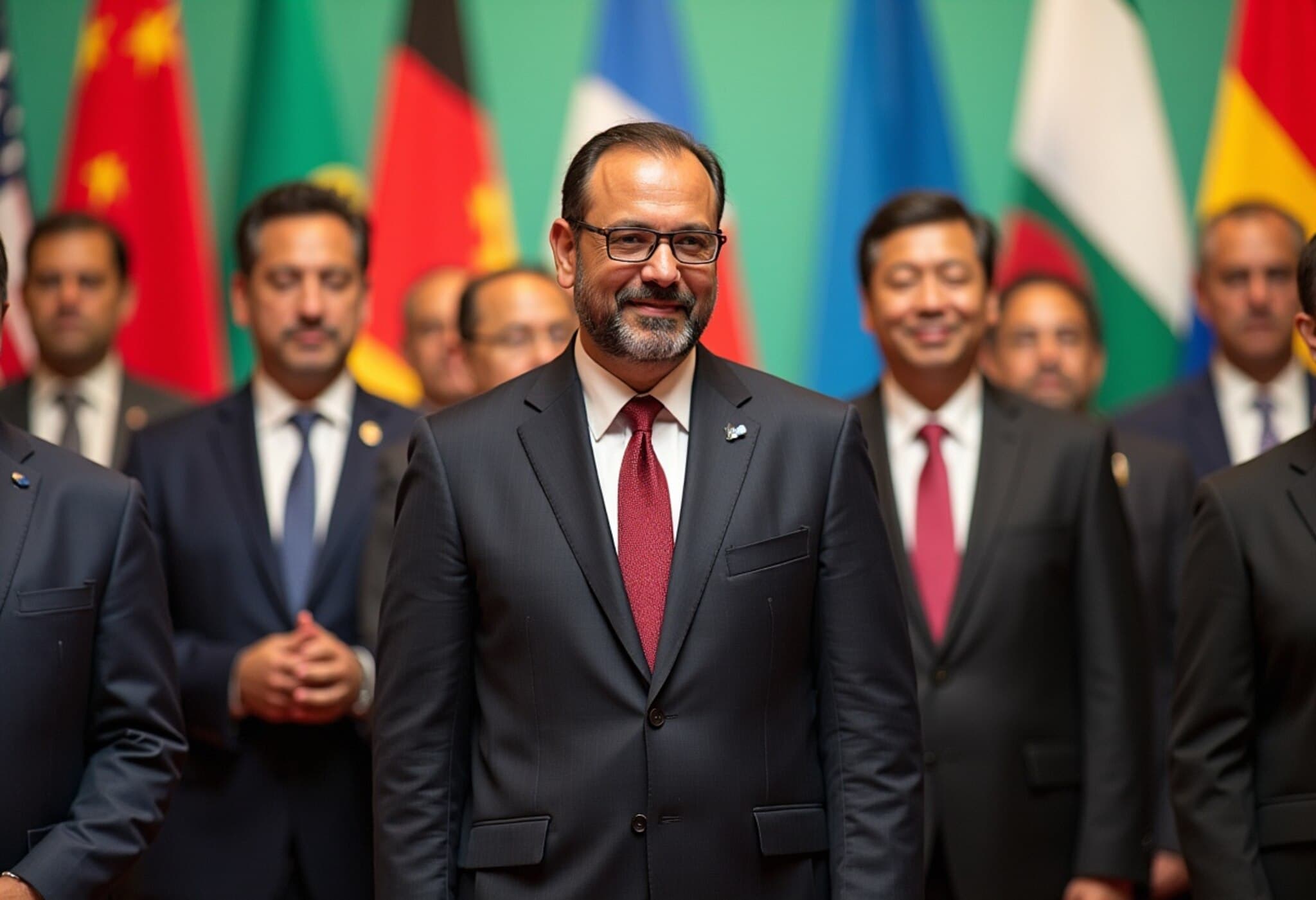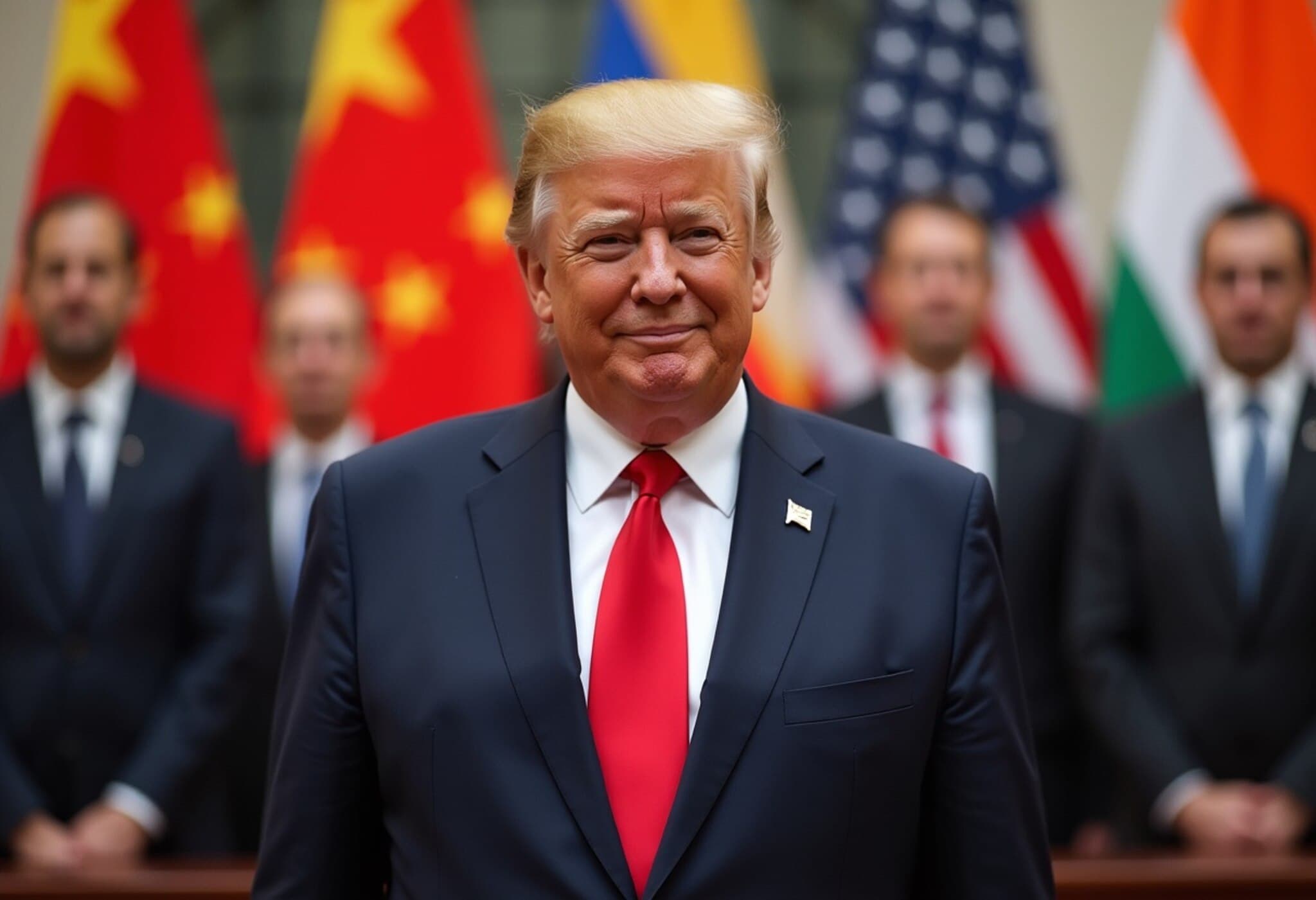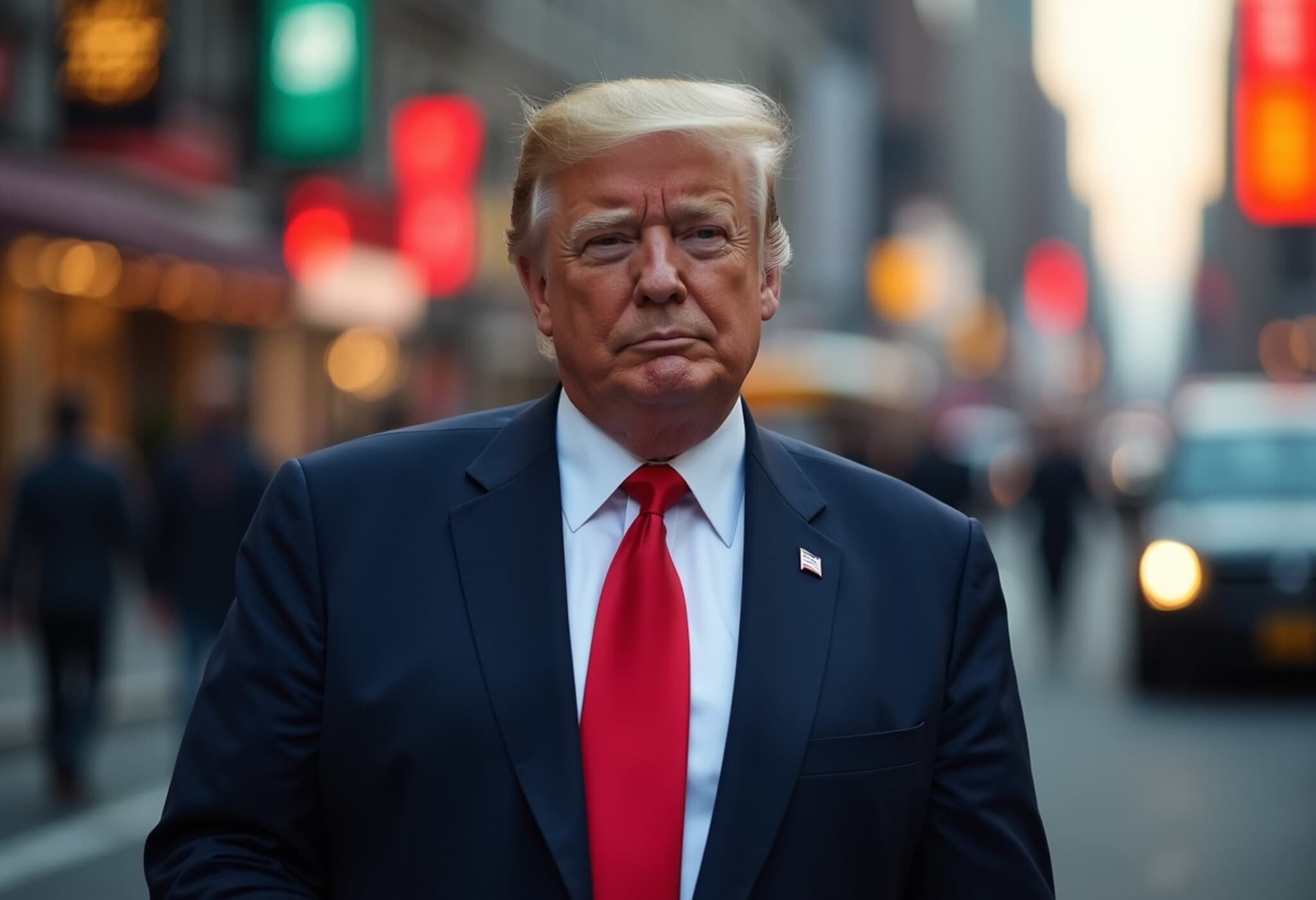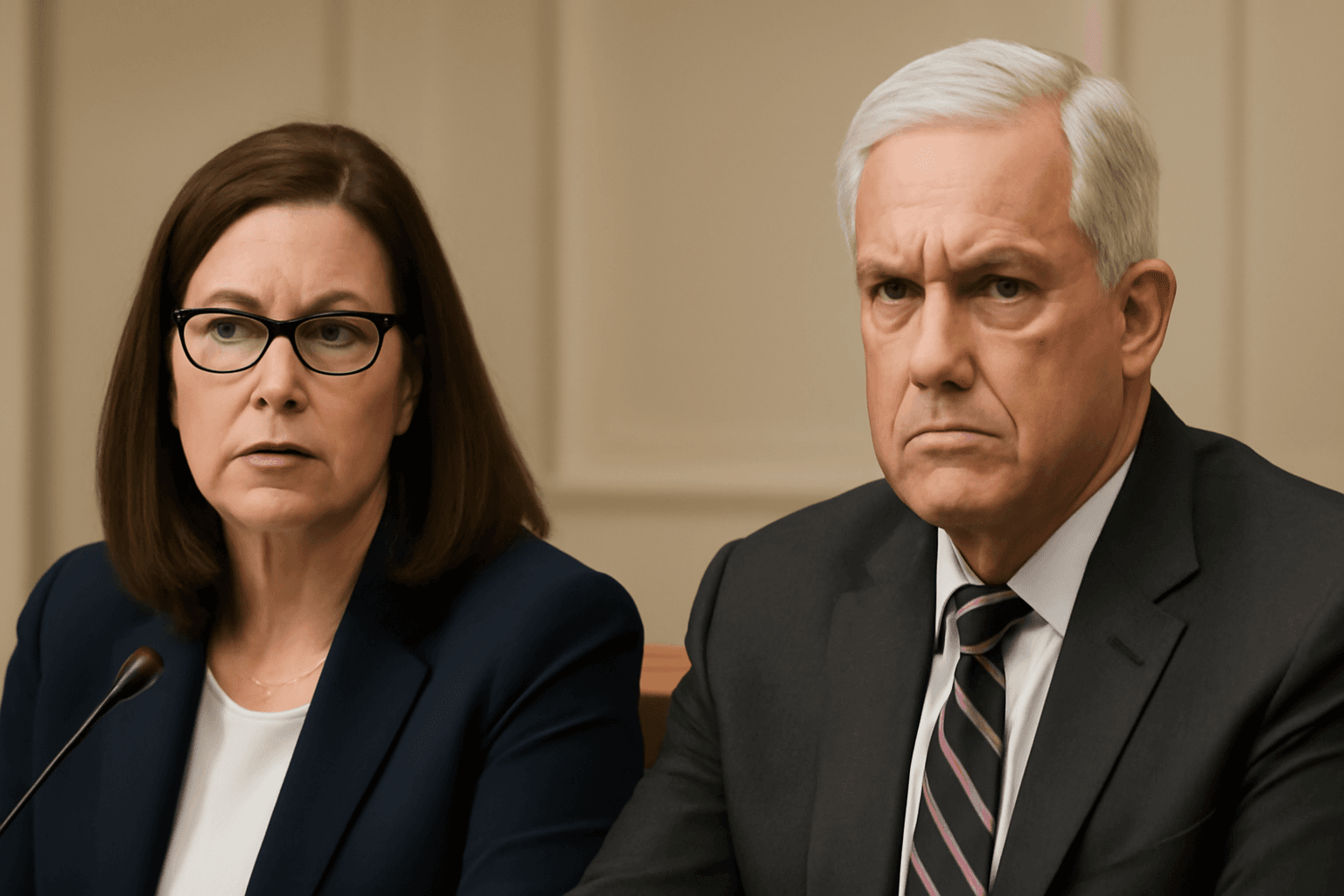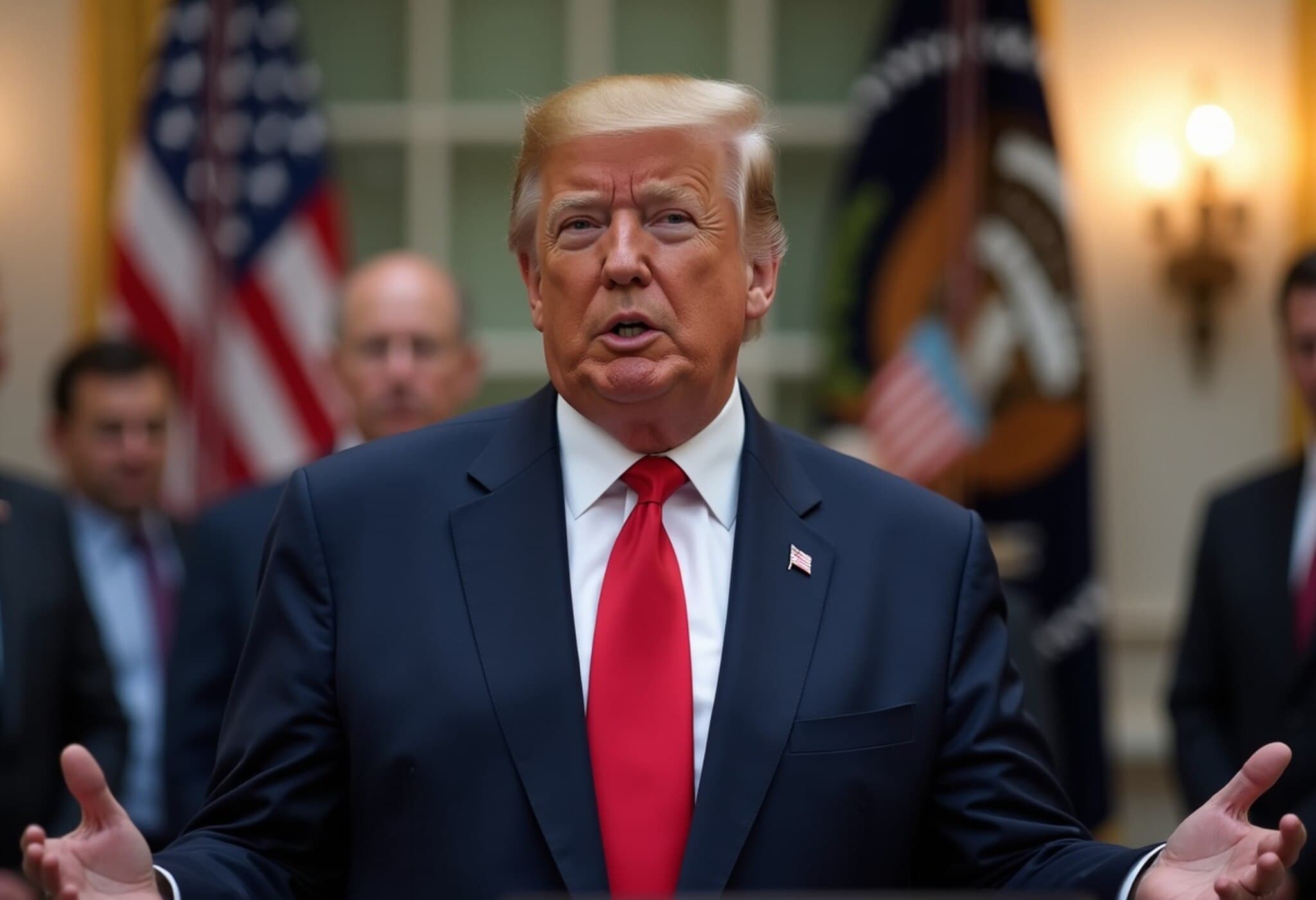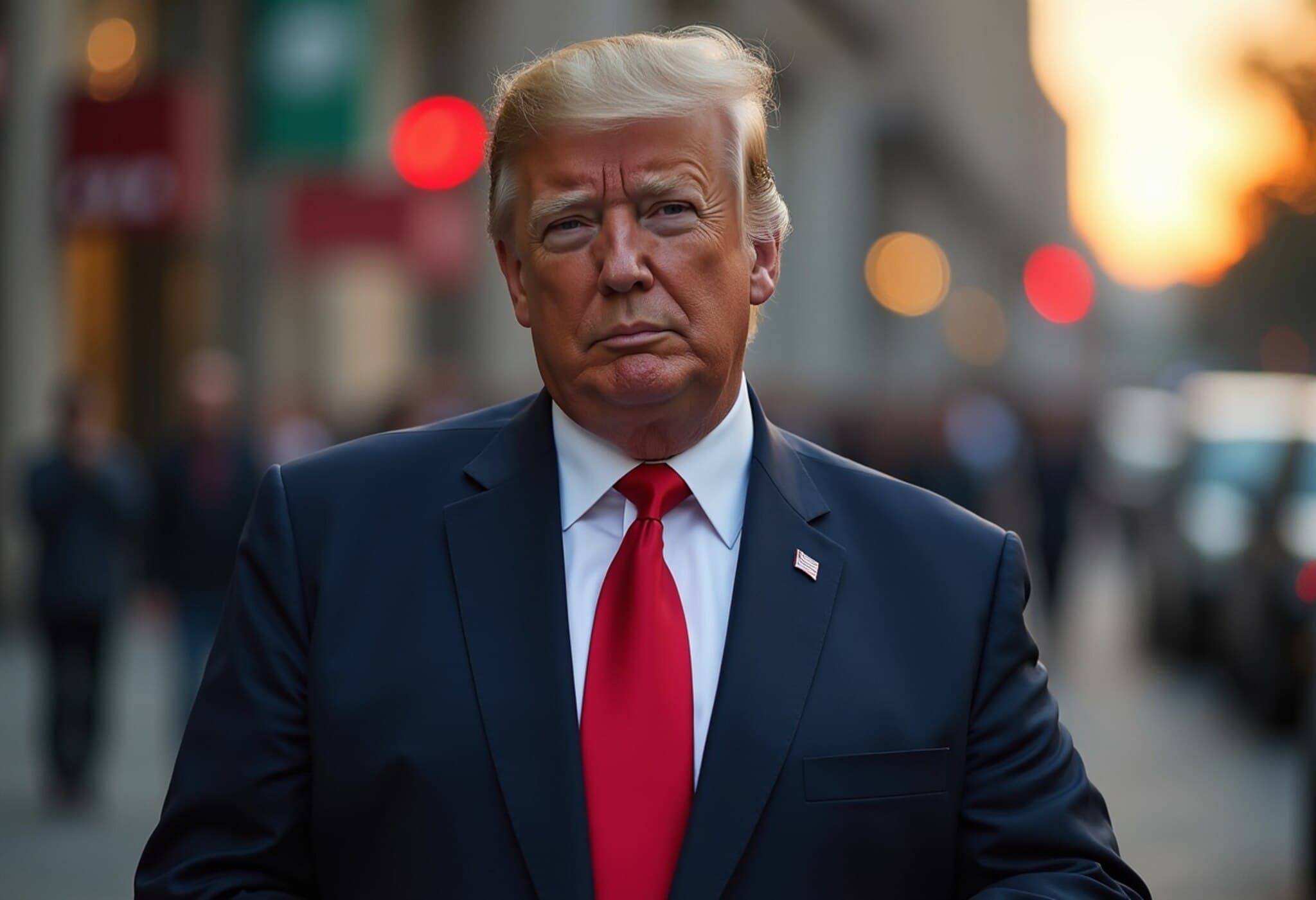Trump Calls BRICS a 'Fading Little Group' Challenging Dollar Hegemony
In a recent outspoken statement, former U.S. President Donald Trump dismissed the BRICS economic bloc as a "little group" that is "fading out fast," underscoring his administration’s aggressive stance on protecting the U.S. dollar’s supremacy in global finance.
Speaking on July 18, 2025, Trump reiterated his previous warnings about imposing tariffs on any nation aligning closely with BRICS, a consortium originally comprising Brazil, Russia, India, China, and South Africa, and now expanded to include countries like Iran, Saudi Arabia, the United Arab Emirates, Egypt, and Ethiopia.
Trump’s Strategy to Weaken BRICS Influence
Trump claimed credit for disrupting BRICS efforts aimed at challenging the dominance of the U.S. dollar as the world’s reserve currency. "There is a little group called BRICS, and it is fading out fast," he said. "But BRICS tried and wanted to take over the dollar and the dominance of the dollar and the standard of the dollar. I said that anybody in the BRICS consortium of nations, we are going to tariff you 10 percent, and they had a meeting the following day. Almost nobody showed up."
His message was clear: the preservation of the dollar’s global status remains a national security priority. Schwarz, a noted economist, observed, "Losing the U.S. dollar's position as the world's reserve currency would be as catastrophic as a lost geopolitical war." Trump's rhetoric echoed this urgency, warning that allowing any group to "play games" with the dollar would be unacceptable.
BRICS Expands but Faces Internal Challenges
The BRICS bloc’s growing footprint — recently bolstered by the addition of several Middle Eastern and African nations — now represents over $31 trillion in combined GDP, nearly 27 percent of the global economy. Yet despite this economic heft, the group faces internal disagreements, particularly evident in diverging views on forming a common currency and unified global payment systems.
Amid Trump's accusations, BRICS leaders have firmly denied harboring "anti-American" intentions. Brazil’s President Luiz Inacio Lula da Silva, a prominent BRICS figure, emphasized collaboration over confrontation, stressing that the bloc aims to enhance mutual growth rather than dismantle the existing financial architecture.
Trade Tensions Escalate: Brazil Targeted by Tariffs
Interestingly, Trump singled out Brazil with new penalties, including a scheduled 10 percent import tariff starting August. This move, framed as a response to alleged "unfair" trade practices, has been firmly rejected by Brazilian officials, adding a layer of complexity to economic diplomacy within and around BRICS.
Underlying Questions: Is the Dollar’s Dominance Secure?
Trump’s assertive defense invites critical reflection on the future of the global monetary system. While currently unrivaled, the dollar’s dominance faces emerging challenges from diversified trade agreements, digital currencies, and evolving geopolitical alliances.
Experts point out that the expansion of BRICS and initiatives to promote cross-border local currency payments reflect a strategic push to diversify away from dollar dependency, albeit gradually and with mixed success.
Expert Commentary
Dr. Elaine Watkins, a senior fellow in International Economics at the Brookings Institution, notes, "Trump’s tariffs and threats may offer short-term leverage, but the global trend toward a multipolar financial order cannot be ignored. The BRICS nations are experimenting with de-dollarization, which could reshape trade flows and currency reserves over the next decade."
Moreover, legal analysts in Washington indicate that imposing punitive tariffs risks igniting broader trade disputes, potentially hampering cooperation on critical global challenges such as climate change and security.
What Lies Ahead?
- Dollar Resilience: The U.S. is doubling down on safeguarding its currency’s privileged status.
- BRICS Evolution: Despite criticism, the bloc continues to expand, seeking alternatives to dollar reliance.
- Trade Frictions: Tariffs and accusations could complicate diplomatic relations and global economic recovery post-pandemic.
- Geopolitical Stakes: Dollar supremacy intersects with U.S. strategic influence worldwide, making this an issue beyond mere economics.
Editor's Note
Trump's vocal opposition to BRICS underscores the high stakes surrounding the future of international finance. While his remarks highlight concerns about protecting American economic interests, they also draw attention to broader questions about the sustainability of a unipolar monetary system in a rapidly shifting global order. As BRICS experiments with new economic architectures, readers should consider how emerging multipolarity could affect everything from consumer prices to geopolitical stability.

